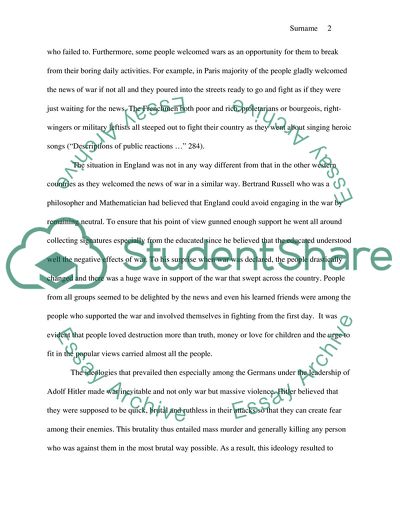Cite this document
(“Violence in the Twentieth Century West Research Paper”, n.d.)
Violence in the Twentieth Century West Research Paper. Retrieved from https://studentshare.org/history/1691077-violence-in-the-twentieth-century-west
Violence in the Twentieth Century West Research Paper. Retrieved from https://studentshare.org/history/1691077-violence-in-the-twentieth-century-west
(Violence in the Twentieth Century West Research Paper)
Violence in the Twentieth Century West Research Paper. https://studentshare.org/history/1691077-violence-in-the-twentieth-century-west.
Violence in the Twentieth Century West Research Paper. https://studentshare.org/history/1691077-violence-in-the-twentieth-century-west.
“Violence in the Twentieth Century West Research Paper”, n.d. https://studentshare.org/history/1691077-violence-in-the-twentieth-century-west.


